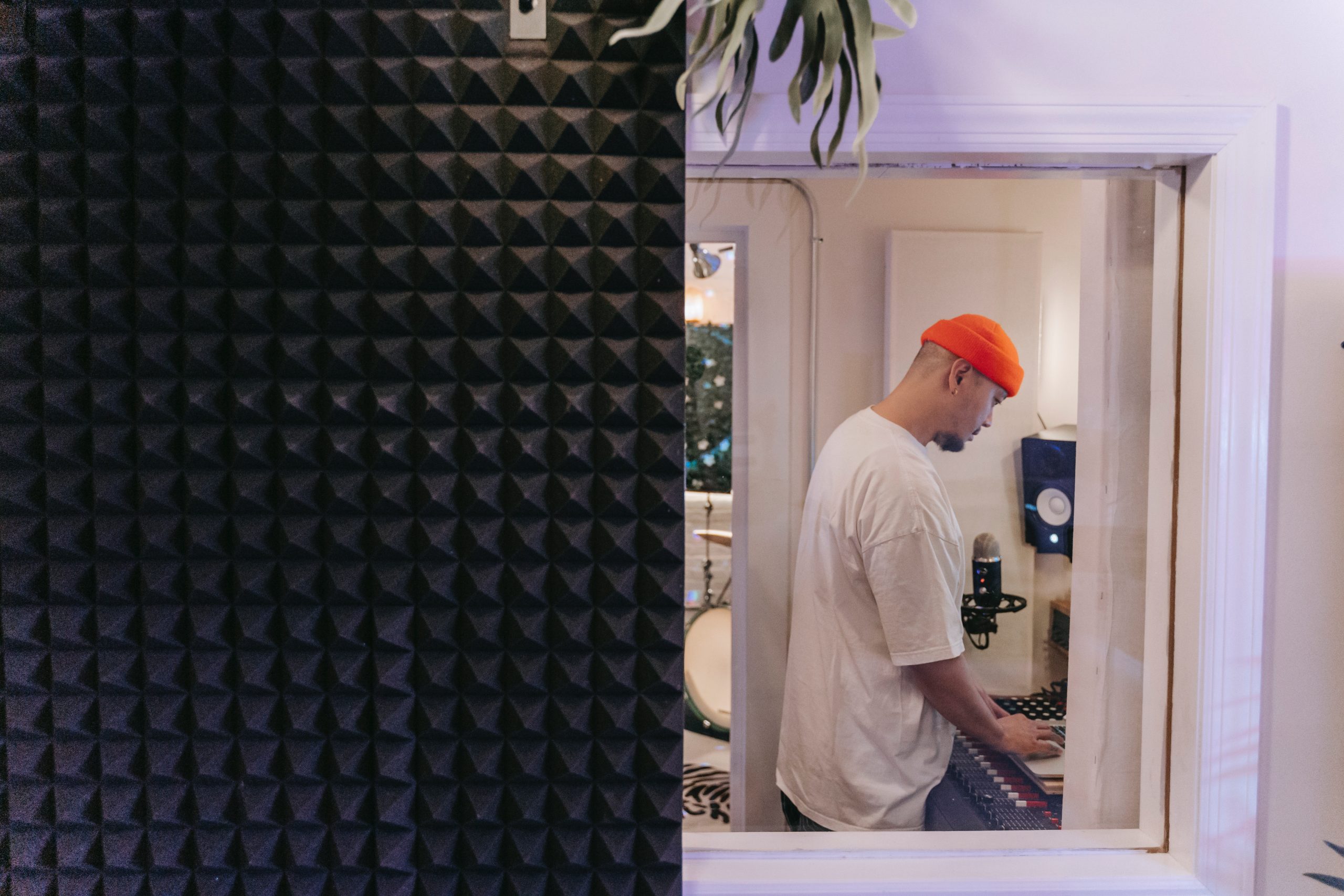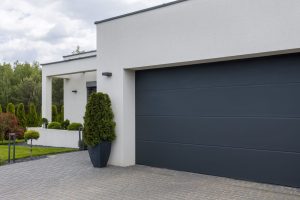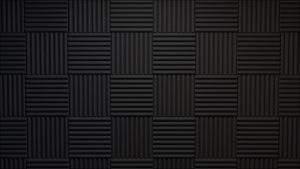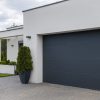How to Cover Gaps and Soundproof Your Doors
There are a few main spots where sound enters or escapes rooms, and two of the main culprits are the doors and windows. They can be difficult to soundproof due to the fact that they still may need to be opened from time to time, but there are some simple ways that you can dramatically cut down on the amount of sound that passes through them.
Today, we are focusing on doors. If you’re looking for a soundproof door covering to keep your room quiet or keep your music and movie nights from disturbing others, there are a number of great products that work together to keep noise at bay.
Why Soundproof Door Coverings are Necessary
Dealing with excess noise can cause a whole host of issues. It can keep us awake at night, strain our relationships with the neighbors, and can even result in health and cognitive issues due to stress. Noise is a big problem that shouldn’t be ignored.
When we are exposed to chronic noise, it causes us to have a hard time focusing and affects our memory. It also makes us more anxious and increases our stress levels, which can cause or contribute to a number of health issues. Whether at home or work, soundproofing your doors, so you aren’t bothered by outside noise will do wonders for your health and productivity.
How to Use Soundproof Door Covers to Quiet the Noise
If you’re serious about cutting the noise and creating a more serene atmosphere for you and your family to live and work, there are a number of highly effective products that will help get you there. Each will help out some, but combining them will deliver the full door soundproofing benefits you’re after. Let’s dive in.
Seal the Gaps
Just like drafts, sound can easily pass through the gaps surrounding doors that aren’t well sealed. There are lots of options when it comes to soundproof door covers for those gaps, but if you want your seal to go above and beyond when it comes to sound control, you should consider an acoustic door seal kit.
Install an acoustic seal kit for doors for soundproofing the rooms that need some reinforcements around the edges. Acoustic seal kits completely seal all the gaps on your doors and are barely noticeable.
And don’t forget the space around the door frame. Often, frames are simply nailed into the studs and covered with drywall without accounting for the air and sound passage that can occur in the empty space. Fill it with insulating foam to prevent passage and keep noise at bay.
Install an Automatic Door Sweep
The biggest gap on most doors is the gap at the bottom. It needs enough clearance to glide over carpet or other floor coverings without catching, but that clearance makes it the perfect portal for sound waves to pass through your doors. If you’re looking for a soundproof door cover for that gap, an automatic door sweep is your answer.
Standard door sweeps can cause issues when you try to create a seal. If the sweep is positioned too low, you’ll have a hard time opening and closing it. Positioned too high, and you don’t get a good seal. Automatic door sweeps work by retracting up when the door is open and pushing down when the door is closed. This allows you to open and close the door freely but creates a soundproof seal when the door is closed.
Cover it with a Curtain
If you’ve still got sound making it through your gap defenses, you can absorb a good deal of the waves before they reach the other side with acoustical curtains. They are heavy and dense, and they create a big net for sound waves. They also completely block out light, so they pull double duty when you’re trying to set a mood or focus on your editing.
If you want to seal the door completely, a quick DIY project with your acoustical curtains can give you the tight fit you’re after. Create an acoustic blanket door cover panel so you can eliminate the open spaces around the edges and create a well sealed soundproof door cover. It will elevate your privacy to the next level.
Add Acoustic Panels to the Door
Another great option for absorbing sound waves and soundproofing your doors is to add acoustical panels directly to the door. Acoustical panels deliver many of the same benefits as soundproof curtains for doors but with a cleaner look. The incredible number of color and design options mean you can make a statement with your soundproof door cover.
Placing them around the room will keep echo and reverberation down by absorbing sound waves rather than letting them reflect and bounce around the room. Keeping that reverberation down means you have less sound to block and makes soundproofing your door easier.
Add Mass to Your Door
If you’re dealing with hollow, interior doors, there’s a good chance some sound is passing through the door itself as well. If you want a soundproof interior door, you’ll have to add mass. There are a few ways you can do this.
One of the simplest is to roll out mass loaded vinyl on the surface of the door. It will both add a good deal of mass to your hollow core doors, but it will change the surface of the door, so it absorbs sound waves rather than reflecting them. It’s easy enough that you can do it yourself, and you can use the leftover mass-loaded vinyl in the roll to soundproof other parts of the room.
Get a Heavier Door
While all these soundproof door covering products will do a great job of reducing the noise you deal with on a daily basis, some doors just aren’t up to the task. If your door is too old or thin, it may be easier to start with a new door.
The first step to creating a soundproof door is adding more mass, so starting with a door that has more mass to begin with will make your soundproofing project much simpler.
How to Soundproof a Sliding Glass Door
Sliding glass doors present a unique challenge because glass panes are both reflective and they inherently have very little mass. Both those properties can make it tough to soundproof sliding glass doors. Luckily, there are soundproof door cover options for your old slider.
New Doors
One of the most effective things you can do to achieve a soundproof glass door is to get new glass. It’s also the most expensive. Freshly sealed double or triple pane glass will do a great job of keeping sounds and drafts from passing through it, but if you don’t want to swap out your perfectly good or vintage glass, you’ve still got options.
Window Inserts
If you think window inserts are just for windows, you’ll be surprised to learn that you can get sliding door panels that create the same tight seal, second pane of glass, and air gap for your sliding glass doors. They are available in standard and custom sizes, so no matter how big or small your door is, you can add an insert to create a soundproof door cover.
Acoustical Curtains
Just like they do for a solid interior and exterior door, soundproof curtains provide a big noise reduction boost for sliding glass doors. They prevent sound waves from reflecting off the glass and making the room noisier. They also absorb sound waves before they pass into or out of the room. Add in the fact that they are great at blocking the light from one of the largest windows in the room, and you’ve got a fantastic, multi-faceted solution.
Make a Plan
You’ve got a lot of options when it comes to soundproofing your doors, and some will work great, while others may be a waste of money if the conditions aren’t right and you’ve got other issues. Make a thorough assessment of the door you’re dealing with before beginning your soundproof door cover project to make sure you’re getting the biggest bang for your buck.
If it’s too thin, you may get the best results with a better door and an acoustical upgrade. Even a modestly upgraded door with mass loaded vinyl on the surface will give you much better sound control than you had with your old door.
If your door is already up to par, you may get by with an acoustic seal kit and nothing else. If you’ve got any questions, reach out and get help from the pros.

















Leave a reply
You must be logged in to post a comment.